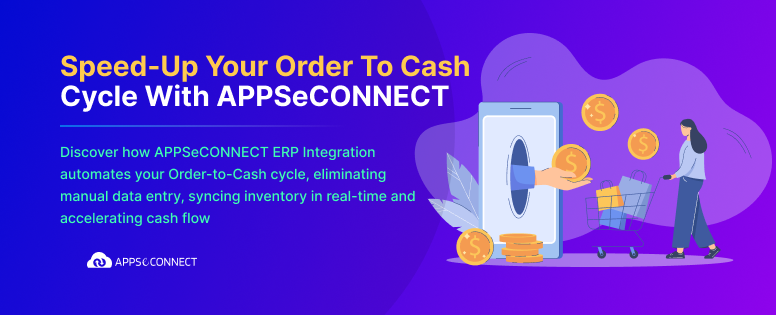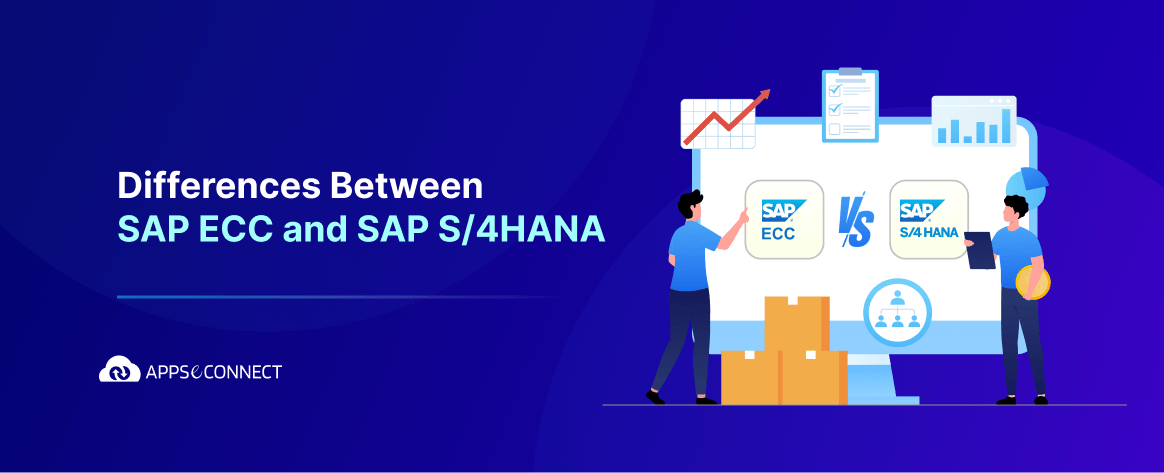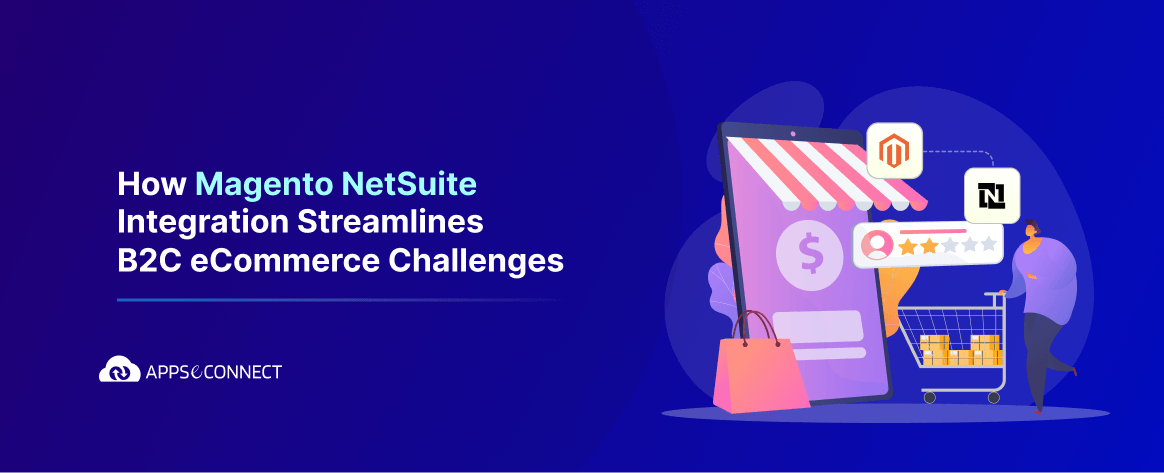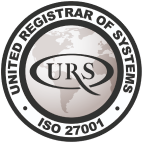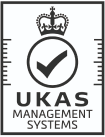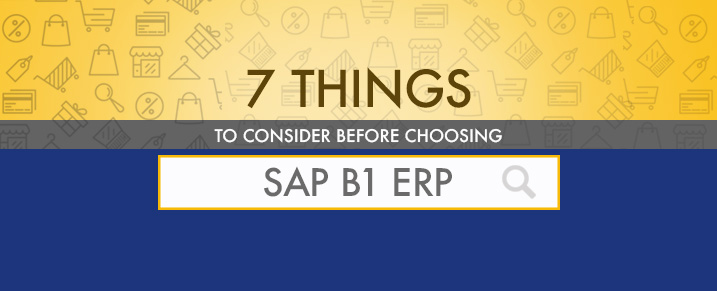
Enterprise Resource Planning (ERP) is the integrated management of core business processes, in real time, mediated by software and technology. Generally, an ERP is considered as a business management software – typically a suite of integrated operations- designed for an enterprise to collect, manage, store and interpret data for its varied business activities.
There are a number of ERPs that exist and an enterprise can opt for any one of them, depending on their requirements. However, SAP Business One / SAP B1 has earned the top spot for Small/Medium sized Enterprises (SME) in recent times. The productivity and efficiency it offers is unparalleled among all the ERPs in the market within the given segment. It is one simple yet highly capable software incapacitating the requirements of any SME.
But, if an enterprise wants to start implementing SAP B1, there are a number of factors to be considered before doing so.

1. Size of the business
Firstly, consider the size of the existing running business. What cannot be measured cannot be improved. Before implementing SAP B1 with one’s business, the primary thing to assess is the size and scalability of the business. Larger business enterprises will have more stake holders, and there would need to be more internal communication for detailed project management. For a larger company, it will prove to be a heavy task to maintain its communication with all the sectors of the company. However, if the enterprise is small or medium sized and they wish to implement SAP B1, it is slightly less structured and more with an informal approach to its implementation. Therefore, it is preferable to choose SAP B1 for its ease and simplicity if the business in question is a small or medium sized enterprise (e.g. – 4imprint, Inc., Intuitive Research and Technology Corporation, Squarespace ; and if the business is already a large scale one or a medium sized enterprise aspiring to be a large scale business in the near future, it should move on to opt for some other ERP suitable for its requirements (e.g. SAP ECC)
2. Business Transaction Culture
Another aspect to keep in mind before choosing SAP B1 is the company’s business transaction culture it is going to be opted for. It has to be looked if the company is more of a hands on job or more like outsourcing. If the company follows a more hands on approach, it is better to implement SAP B1 – the automation process would reduce the time on implementation investment along with focusing on the on-going support processes. Say, a company has a good number of employees working for it. Now, if all the employees need to input all the details of the company’s transactions manually, it will naturally take more time, be susceptible to redundancy and uniformity might not be guaranteed. However, if the enterprise uses ERP like SAP B1, the time and labor can be reduced very easily and the automation would guarantee least errors to be included.
3. Functional Requirement
A major point of consideration is the Product Functional Requirement – one should go for an ERP solely based on their requirement and not by basing their requirement according to a preselected ERP. Just to fulfill the criterion of the ERP, there is no need to make unnecessary demands and changes. The simpler the requirements are, the easier the implementation would be. This approach would also contribute in reducing the pressure on the implementation team. Considering one’s requirements is essential so that they can ask for the correct combination; if there are too many unnecessary requirements, it would only confuse the user more and bring down probable productivity.
4. Flexibility
The flexibility a business enterprise desires from an ERP is also an important feature to consider before implementing SAP B1. Small and medium sized enterprises are very specific about where they are spending, why they are spending and how much they are spending. However, in SAP B1, the users do not get an option to manually select a few modules they need, and leave the rest – it has to be taken as a whole. SAP B1 is designed as a cumulative set of modules which work as one rather than different modules working separately. Therefore, if an enterprise is ready to start with SAP B1, it will have to deal with all the integrated modules which manage the ongoing business processes, together. However, there is one option available – if the enterprise so desires, it can opt to drop the CRM function available in SAP B1.
5. Need for standardization
Another area one must look forward to before implementing SAP B1 is the concern for the need of standardization – does the enterprise want to standardise its business processes across the whole company platform? The other option available is Autonomy. However, both the ways have their own pros and cons and needs to be thoroughly considered before implementation. If one opts for Standardisation they will have to spend more effort and time for sorting out business requirements for all the processes and it is advisable to spend some time on reengineering so that no red flags appear during or after the implementation of the ERP. Although, if someone opts for Autonomous processes, more time and effort will have to be spent on the design, testing and training of each process before going live. This selection depends on the type of resources the Company has and the relative amount that it can contribute in company development.

6. Budget
The budget that an enterprise is ready to afford is one major point of discussion. Usually, for a middle size enterprise, the cost of implementing SAP B1 is not very high and can be afforded if they choose their package well. If the the implementation cost is within the budget the Company estimated, it can have the options of investing the excess money somewhere else in the company or even on the ERP to customize it according to their needs. However, for a small company, the implementation cost might be high at certain regions and they might have to consider and evaluate their requirements accordingly. Therefore, depending on their prospected, defined expense and their limit to spend on an ERP and the implementation cost included in SAP B1 jointly conclude whether it is reasonable to start with SAP B1 or not. Logically, if the implementation cost is higher than their budget for it, the enterprise would and should not go on with SAP B1. It is hence evident that a keen eye needs to be given to the company budget and its assessment if the company wants to get going with SAP B1.
7. Internal technical skill set
Lastly, one thing that still remains to be seen by a company which is planning to implement SAP B1 to their business is the availability of the internal technical skill set which they would be using. When a company is ready to implement SAP B1 to their business processes, they must be sure of the fact that whether or not they have the required skilled personnel and field expertise to implement it. If the company has the resources it requires, it will not have to exercise extra effort for it – they can start off with the implementation. However, if the company does not have the specified kind of skill set available to them, they will have to hire external experts to carry on with the implementation, thus, incurring more time and money. It is henceforth advisable for any enterprise which might implement SAP B1 to first acquire resources and knowledge about it and subsequently get a good hold of a team of skilled employees who excel in SAP B1 transactions.
So, to conclude, among the many things to be considered before implementing SAP B1, these seven points are the major factors to be looked into. On these factors, the decision of implementing SAP B1 or not implementing it at all depends. If an enterprise has a good knowledge about these concerns, they would be well equipped to start off with one of the finest ERPs available – SAP B1.
Make the most out of you SAP Business One ERP. Connect it with your Ecommerce, Marketplace, CRM or Shipping solutions to automate business processes, save huge amount of time and effort and increase productivity of your business.
Some popular SAP Business One Integrations:
Check out other integrations here.



